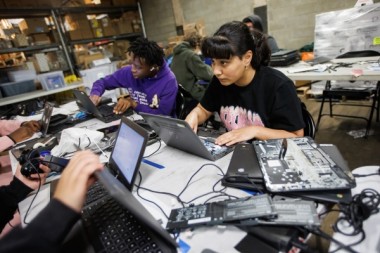Built-in software ‘death dates’ are sending thousands of schools’ Chromebooks to the recycling bin ( www.mercurynews.com )
There are few things quite as emblematic of late stage capitalism than the concept of “planned obsolescence”.

There are few things quite as emblematic of late stage capitalism than the concept of “planned obsolescence”.
